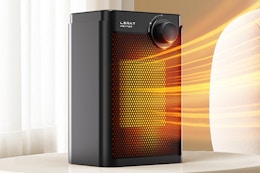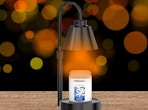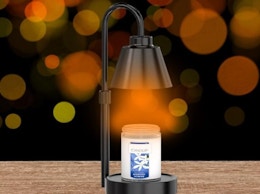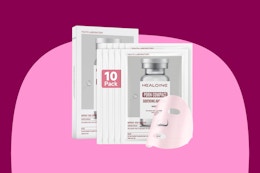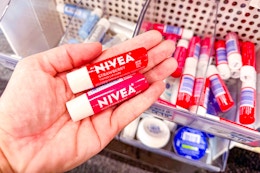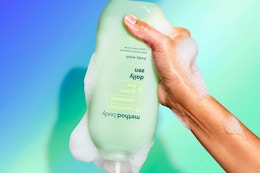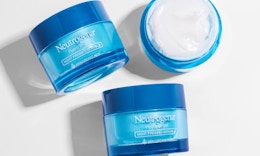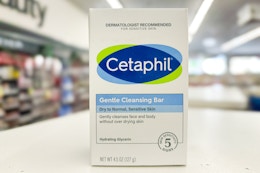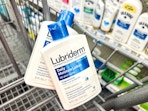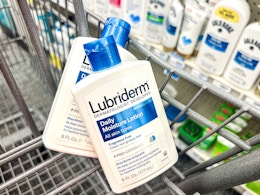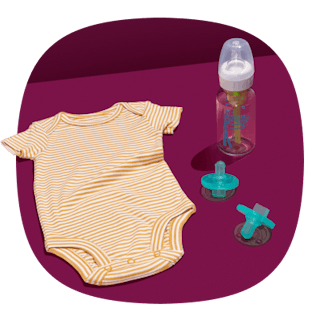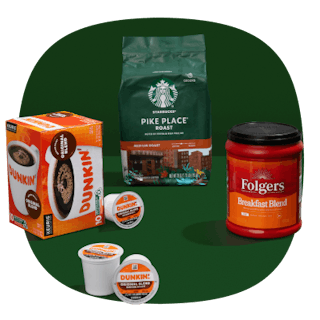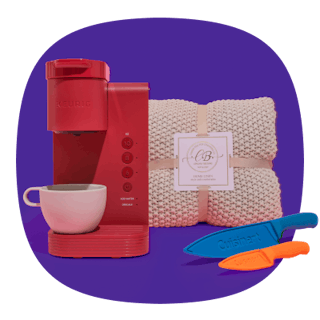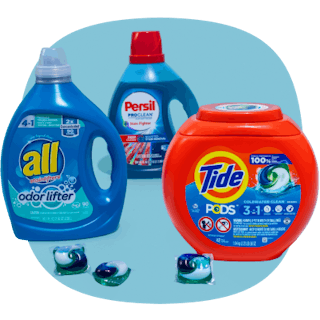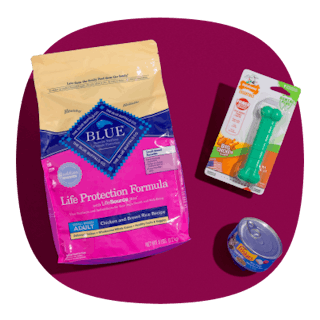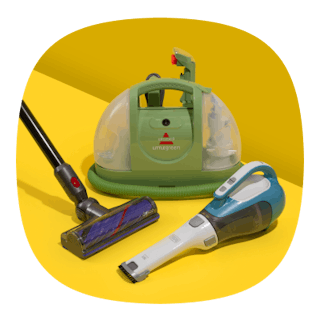As a mom and a nurse, I’ve experienced that same feeling of helplessness. A fever is scary, but there are some simple things you can do to make sure you are correctly assessing and treating your child’s fever. Always consult your pediatrician during your baby’s first office visit about how to manage infant fevers. Many times when you call the pediatrician’s office, the nurse is able to give you recommendations (knowing what the physician’s protocol is), and is an excellent resource for a worried parent. Another option is to access the nursing/physician advice (triage) that is offered by your insurance company when your pediatrician office is closed. Call your insurance company (the phone number is on the insurance card) to see if this coverage is provided to you as a subscriber.
Coming from the medical field and being a parent myself, here are some tips I’ve learned over the years that may help you (and your wallet) when your baby gets a fever:
1. Choose the correct thermometer
A digital thermometer is the most accurate and inexpensive tool to measure what a baby’s temperature is. All of us have struggled with getting an accurate temperature with a squirming, crying baby. My favorite way is under the arm. The temperature under the arm will be one degree below what the temperature would be orally. Physicians believe the most accurate temperature is a rectal temperature (which is one degree above an oral temp), but my baby doesn’t agree! (He prefers “under the arm.”) A fever of 100.4 rectally in an infant should be reported immediately to your pediatrician. A good thermometer is a great purchase with those extra rewards bucks that are getting ready to expire!
2. Don’t swaddle the baby in layers
Contrary to popular belief, it’s not necessary to “sweat out” the fever. Cover your baby with a sheet instead of a heavy blanket as this will make him or her more comfortable. Keep your home temperature comfortable—not hot or cold.
3. Offer hydration frequently
4. Lukewarm baths may help
Keeping your baby comfortable is the most important goal during a fever. Do not give a cold bath, ice bath or rub down with alcohol. Lukewarm water is best for a feverish baby to prevent shivering. Don’t prolong the bath for an extended period of time.
5. When to medicate
Download the KCL app to add and redeem coupons in store












